Belgium is looking to rent or build prison space in the Balkans for convicted foreign nationals, as part of a broader plan to tackle overcrowded jails and tighten migration enforcement -- a move raising legal and human-rights questions.
Belgium is examining the possibility of housing convicted foreign nationals abroad as part of a broader effort to manage migration and detention pressures that have pushed its prison system to record levels of overcrowding.
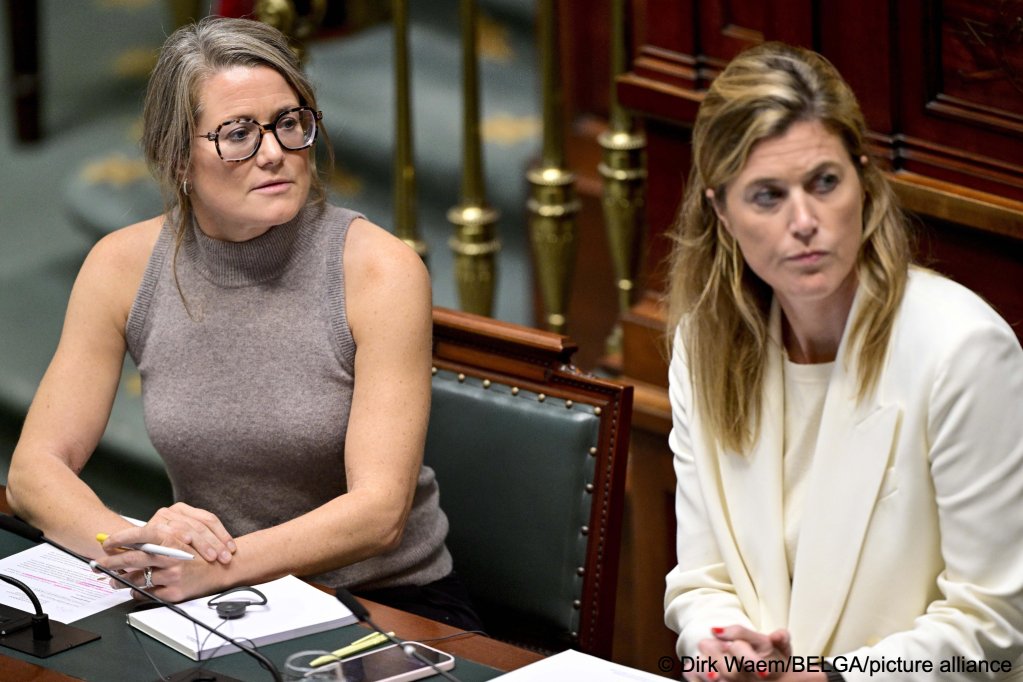
Justice Minister Annelies Verlinden and Asylum and Migration Minister Anneleen Van Bossuyt are leading a three-day visit to Kosovo and Albania to explore options for building or leasing prison capacity outside the EU, The Brussels Times reported.
Talks also cover cooperation on organized crime, trafficking, and money-laundering, as well as agreements on recovering criminal assets linked to Belgian investigations.
Read AlsoBelgium expands police checks against irregular immigration
Overcrowding and migration links
Belgium’s prison network now holds 13,689 detainees for roughly 11,040 places, the Central Monitoring Council for Prisons reported in April 2025. Amnesty International has described the situation as "structural overcrowding," citing people sleeping on mattresses on the floor and limited access to rehabilitation services.
In an analysis published on 1 April 2025, Belgian newspaper Le Soir reported that foreign nationals account for about 43 percent of Belgium’s prison population, though only around 31 percent lack residence rights.
The paper noted that many inmates had valid permits before detention and lost them while serving their sentences, complicating assumptions about who could legally be transferred abroad.
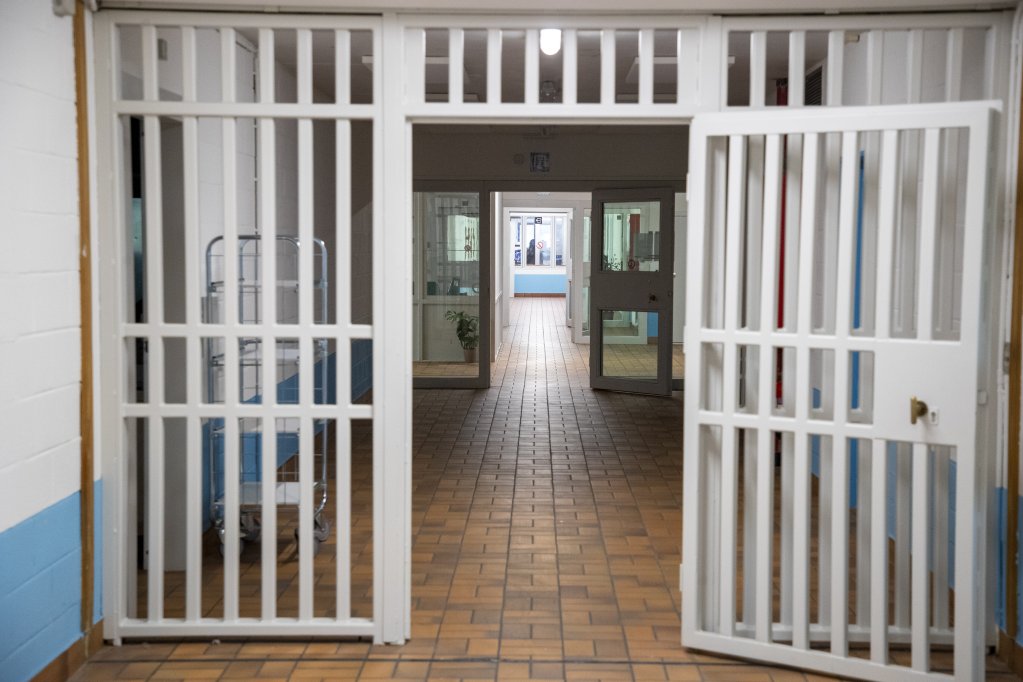
Van Bossuyt argues that convicted offenders without the right to remain in Belgium should serve their sentences outside the country.
"Anyone staying illegally in our country and choosing to commit crimes must leave -- either to their country of origin or to a prison outside Belgium," she told Belgian media.
The government argues that transferring even part of this group could ease pressure on domestic facilities while reinforcing its policy of linking migration control with enforcement of criminal judgments.
Balkan option under study
Under the Belgian government's current coalition agreement, any new facility must be located outside the European Union but in a European constitutional state where the rule of law and human-rights standards are respected. An internal feasibility study by the Commissioner-General for Refugees and Stateless Persons concluded that Kosovo and Albania meet those criteria.
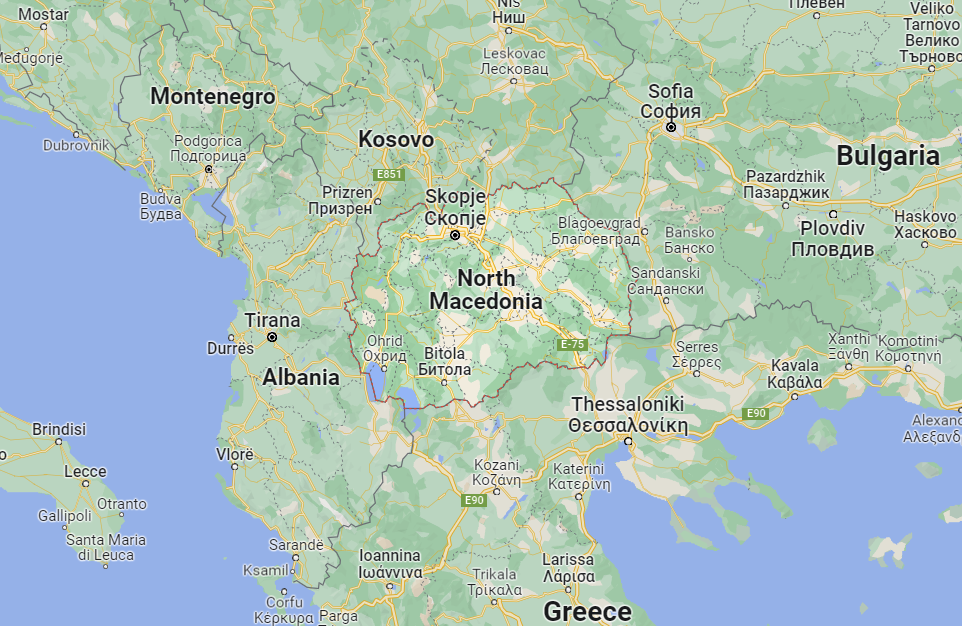
The idea draws on the Denmark-Kosovo agreement, under which Copenhagen is renting 300 cells in Gjilan prison for foreign inmates at a cost of about 210 million euros over 10 years. Implementation has been delayed until at least 2027 as Kosovo upgrades the facility to Danish standards.
Belgium also rented space in the Tilburg prison in the Netherlands between 2010 and 2016 to cope with similar shortages, but that arrangement ended amid financial and logistical difficulties.
Read AlsoTop EU court questions premise of Italy's Albania migrant camp scheme
Legal and human-rights issues
Any foreign-detention plan would have to comply with Belgium’s obligations under the 1983 Strasbourg Convention on the Transfer of Sentenced Persons and the EU Framework Decision 2008/909/JHA, both of which require agreement of the states involved and usually of the prisoner.
Existing bilateral treaties with Albania and Kosovo allow only case-by-case transfers. Establishing a prison abroad would therefore require new bilateral agreements and parliamentary approval.
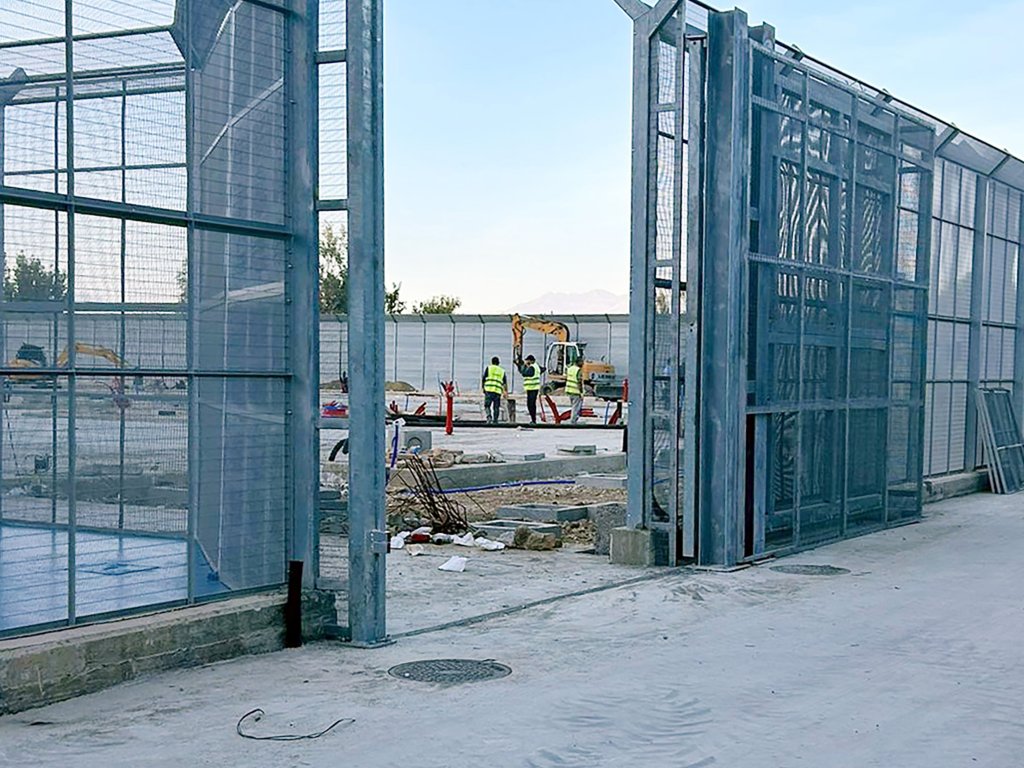
Legal experts and rights advocates warn that moving prisoners outside Belgium could blur accountability. As the sentencing state and a member of the European Convention on Human Rights, Belgium would remain responsible for ensuring detention conditions meet international standards and that inmates have effective access to Belgian courts if their rights are violated.
Both Amnesty International and the Central Monitoring Council have urged the government to strengthen domestic capacity and maintain clear oversight mechanisms if any foreign facility is pursued.
A Justice Ministry briefing reported in Belgian media found that only about 255 cases were legally transferable under existing treaties -- less than 2 percent of the total prison population -- highlighting the limited short-term impact of such schemes.
Read AlsoCouncil of Europe warns against third-country asylum deals
Afghan returns and migration diplomacy
The prison initiative coincides with a broader tightening of Belgium’s migration policy, particularly concerning returns of irregular migrants and foreign offenders.
On October 3, 2025, Van Bossuyt announced that she would seek European Union support to explore "technical cooperation" with the Taliban authorities in Afghanistan to confirm the identities of Afghans that Belgium intends to deport.
"At a diplomatic level, we need to look at how to deal pragmatically with the Afghan regime," she said in a statement released by her office.
Van Bossuyt said she had discussed the issue with EU Migration Commissioner Magnus Brunner during talks on the implementation of the European Migration Pact, and planned to raise it again at an informal ministerial meeting in Munich on October 4 with counterparts from Germany, France, Denmark, Austria, Poland and the Czech Republic.
According to the Flemish news agency VRT, Afghans remain among the largest groups applying for asylum in Belgium, yet less than half of the applications are approved. Returns and voluntary repatriations have been impossible since 2021 because Belgium has no diplomatic ties with the Taliban.
"This problem is not unique to Belgium," the minister’s office stated. "Solutions for the voluntary and forced return of Afghans must be sought at a European level. For those that have no future in the European Union, the message must be clear: return is the only option."
Van Bossuyt said she hopes to build a coalition of EU countries to address the European-wide impasse on Afghan deportations.
Read AlsoAfghanistan: Germany 'close to reaching deportation deal' with Taliban
European and regional context
Several European governments are experimenting with ways to manage migration and detention externally.
In the United Kingdom, Politico reported that Prime Minister Keir Starmer is considering a "migrant-return hub" in the Western Balkans, with Kosovo viewed as a possible location for processing failed asylum seekers.
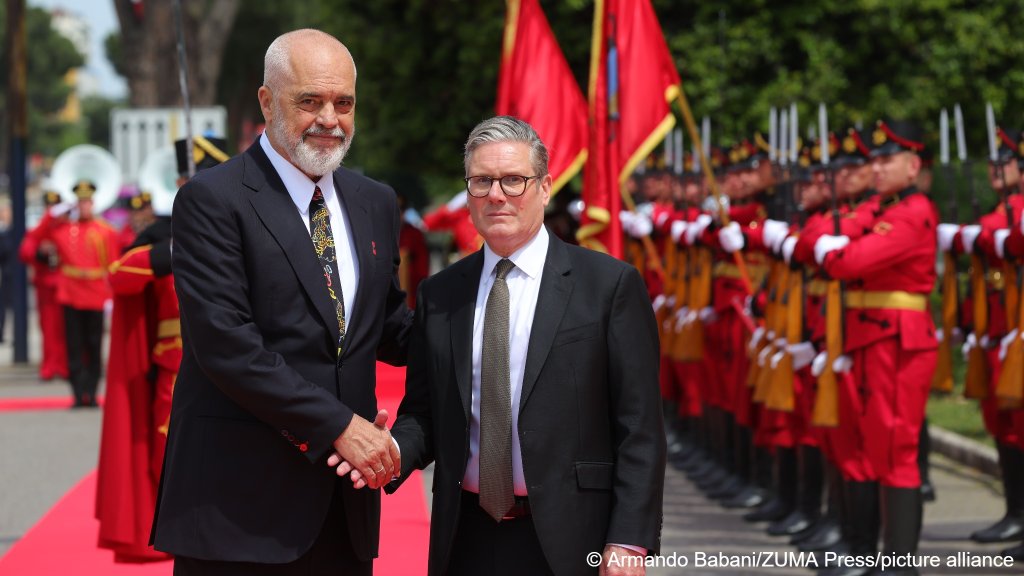
Both the Belgian and British discussions illustrate a shift toward regional partnerships for returns and detention, even as analysts warn that political fragility and foreign influence in the Balkans could complicate implementation.
Next steps
Belgium’s talks with Albania and Kosovo are exploratory; no binding agreements have been signed. A senior Justice Ministry official told The Brussels Times that even under favorable conditions, "it would take at least three to five years before becoming operational."
Any future plan will have to balance migration-control objectives with legal obligations and human-rights oversight. For now, the government maintains that both the Balkan initiative and the Afghan-returns discussions form part of a European approach to migration management -- linking enforcement, diplomacy and judicial cooperation in an increasingly interdependent framework.
